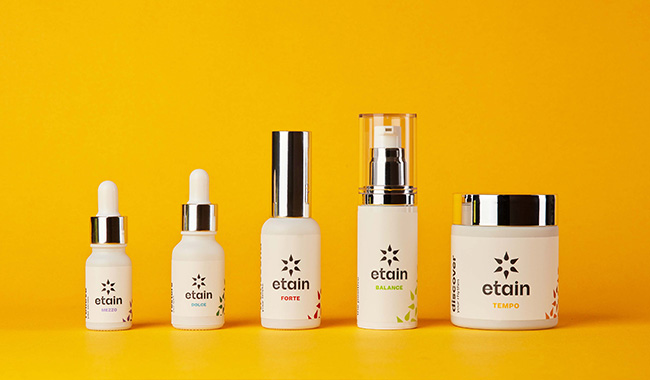Vitamin Industry Trends: Navigating the Evolving Landscape

Personalized Nutrition
One of the most significant trends is the shift toward personalized nutrition. The one-size-fits-all approach is gradually becoming obsolete as consumers seek tailored solutions for their unique health needs. Advances in technology and a better understanding of individual health requirements have enabled companies to offer personalized vitamin regimens. This customization extends from offering specific nutrient combinations to personalized delivery forms like capsules, gummies, or powders, ensuring that individual preferences and needs are met.
Increased Focus on Plant-based Ingredients
The rise of veganism and plant-based diets has had a substantial impact on the vitamin industry. There's a growing demand for supplements derived from plant sources, as consumers increasingly prefer products that align with their ethical and dietary choices. This shift has prompted manufacturers to explore plant-based alternatives for traditionally animal-derived vitamins, such as Vitamin D3 from lichen or Omega-3s from algae.
Enhanced Transparency and Education
Today's consumers are more informed and inquisitive about the products they consume. They demand transparency regarding ingredient sourcing, manufacturing processes, and the efficacy of products. Brands are responding by providing detailed product information, engaging in educational marketing, and adopting certifications that vouch for their product's quality and ethical standards. This trend has fostered a more knowledgeable consumer base, making informed choices about their vitamin supplements.
Technological Integration
Technology has become a cornerstone in the vitamin industry, not just in production but also in customer engagement and education. Mobile apps, virtual consultations, and AI-driven recommendations are becoming commonplace. These tools not only offer convenience but also enhance the customer experience, providing tailored advice and tracking progress, thereby creating a more interactive and engaging approach to wellness.
The Surge in Functional Beverages
Functional beverages, infused with vitamins and minerals, have seen a meteoric rise in popularity. These beverages, ranging from vitamin-enriched water to herbal teas with added nutrients, offer a convenient and enjoyable way to consume vitamins. This trend aligns with the busy lifestyles of modern consumers, who often seek on-the-go solutions for their nutritional needs.
Sustainability in the Spotlight
Sustainability is no longer a buzzword but a crucial aspect of the vitamin industry. Consumers are increasingly aware of the environmental impact of their purchases. This awareness has led to a preference for brands that demonstrate a commitment to sustainable practices, be it through eco-friendly sourcing, manufacturing, or packaging. The industry is witnessing a shift towards more sustainable materials, reduced waste, and lower carbon footprints.
The Role of Packaging
Packaging plays a pivotal role in the vitamin industry, not just for protecting and preserving the products but also as a tool for brand differentiation and communication. Custom supplement packaging has become a significant trend, allowing brands to stand out in a crowded market. This customization isn't merely about aesthetics; it also extends to functionality. Innovative packaging solutions are being developed that are user-friendly, maintain product integrity, and reduce environmental impact. From biodegradable materials to smart packaging that tracks usage, the possibilities are endless. This shift towards custom packaging reflects the industry's commitment to both consumer experience and environmental responsibility.
Conclusion
The vitamin industry is at a fascinating juncture, with trends like personalized nutrition, plant-based ingredients, technological integration, and sustainability shaping its future. As the industry continues to evolve, it remains essential for brands to stay attuned to these trends and adapt accordingly. The emphasis on transparency, consumer education, and environmental responsibility is not just a passing phase but a fundamental change in how vitamins are produced, marketed, and consumed. The future of the vitamin industry lies in its ability to innovate, personalize, and sustainably meet the diverse needs of its consumers.
Share this Entry
Business directory
Our Community Partners








